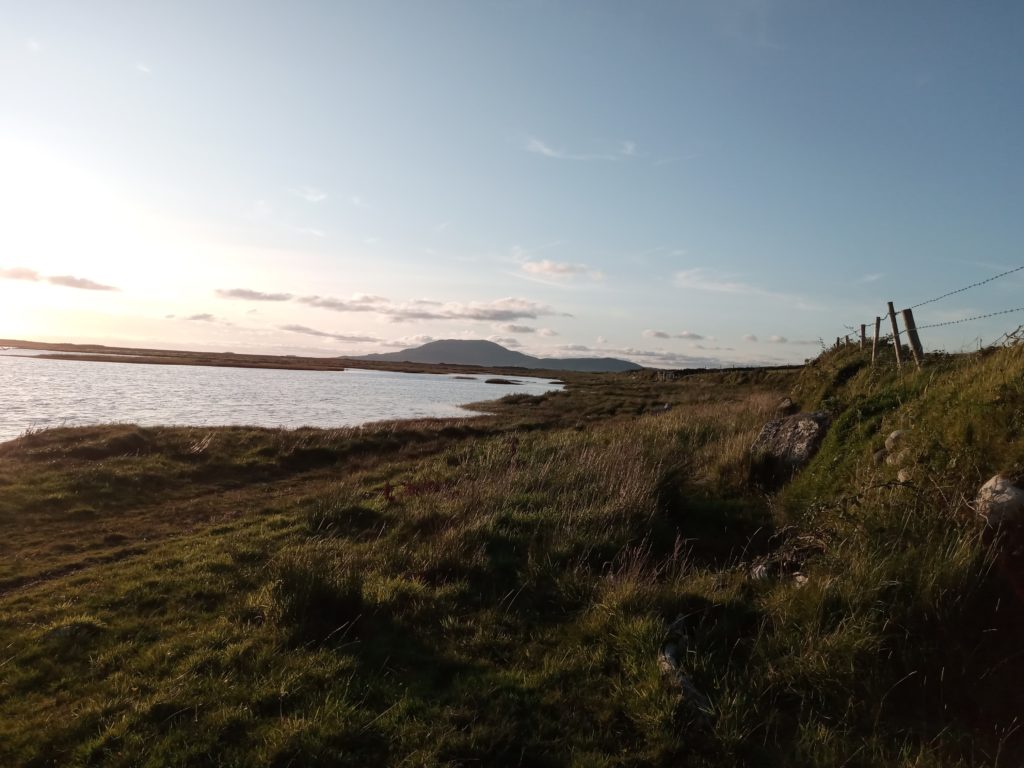
| Academic Year | 2019-2020 |
| rcoyle07@qub.ac.uk | |
| Institution | Queen's University, Belfast |
Biography
School: School of Natural and Built Environment
Project: Modelling the Uptake and Exchange of Microplastics in Marine Ecosystems using a Novel, Integrated System of High-Resolution Numerical Models
Supervisors: Professor Jennifer McKinley, Professor Ursula Witte, Professor Gary Hardiman, Dr Kieran O’Driscoll and Dr Matthew Service (AFBI, CASE Partner)
Undergraduate Education: BEng Civil Engineering, Queen’s University Belfast
Postgraduate Education: N/A
Research: The aim of this project is to develop a system of numerical models to understand microplastic uptake and exchange processes at lower trophic levels of marine ecosystems in the Northwest European Continental Shelf Region. This model will include processes such as biofouling and aggregation of microplastics with organic matter; sorption and desorption of microplastics to phytoplankton; and ingestion and egestion of microplastics by zooplankton. The model will be implemented utilising the NERC NOC hydrodynamic and ecosystem output, receiving forcing from the NEMO and ERSEM models.
Microplastics are small, ubiquitous particles of plastic which are less than 5mm in size. They are easily transported and dispersed and have been identified in all areas of the marine environment where they persist for long periods of time. Due to their small size and low density, microplastics are also readily available for uptake into the marine ecosystem. The uptake of microplastics is also influenced by biotic processes such as biofouling and aggregation which enhance the nutritional value of microplastics and encourage grazing and ingestion. An article reviewing such processes is available at https://doi.org/10.1016/j.cscee.2020.100010. As microplastics cannot be digested or absorbed they will either be egested or will accumulate within the organisms’ tissue which facilitates the transfer and biomagnification of microplastics within the food chain and potentially leads to significant ecological impacts.
The output from the microplastic model will contribute towards the determination of the ecological harm caused by µPs, which is a key target within the EU Marine Strategy Framework Directive (MSFD 2008/56/EC). It will also promote sustainable environmental management by providing knowledge relating to the implementation of an ecosystem-based approach to fisheries management, which is a major goal of the common fisheries policy in EU law. It will contribute to national and international efforts to mitigate against ocean pollution, especially ecosystems under pressure from stressors, and relates to meeting government strategy for clean, healthy, safe and biodiverse seas and supporting a thriving rural economy underpinned by fishing.
CASE Partner: The Agri-Food and Biosciences Institute (AFBI)
Relevant Articles:
- Microplastics in the marine environment: A review of their sources, distribution processes and uptake into ecosystems. Coyle, R., Hardiman, G. and O’Driscoll, K. (2020). Available at: https://doi.org/10.1016/j.cscee.2020.100010
- Microplastic pollution in the Northeast Atlantic Ocean: Validated and Opportunistic Sampling. Lusher, A.L. et al (2014) Available at: https://doi.org/10.1016/j.marpolbul.2014.08.023
- Microplastic pollution identified in deep-sea water and ingested by benthic invertebrates in the Rockall Trough, North Atlantic Ocean. Courtene-Jones, W. et al (2017), Available at: https://doi.org/10.1016/j.envpol.2017.08.026
- Microplastics contaminate the deepest part of the world’s ocean. Peng, X. et al (2018), Available at: https://doi.org/10.7185/geochemlet.1829





















































